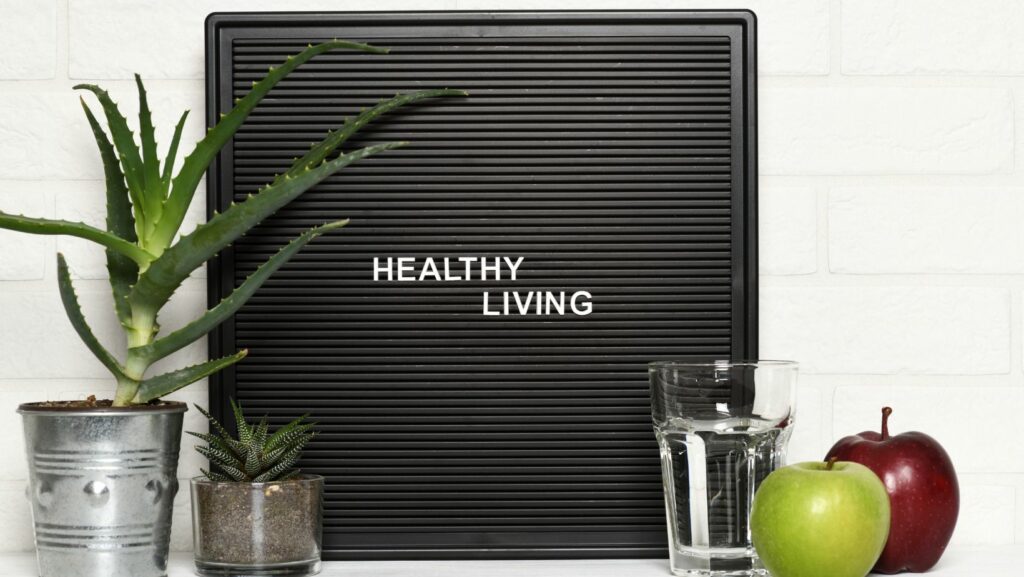In today’s fast-paced world, finding the balance for healthy living is more crucial than ever. Amidst the hustle and bustle, dedicating specific hours to health and well-being can seem like a daunting task. Yet, it’s the secret to unlocking a vibrant, energetic life. This concept, known as “healthy living hours,” is not just a trend but a lifestyle shift that promises to enhance the quality of life for those who embrace it.
Healthy Living Hours
 Understanding healthy living hours involves planning and incorporating time for physical activity, nutrition, rest, and mental wellness into daily schedules. Allocating specific hours for each of these elements aids in establishing a balanced routine that supports optimal health and well-being. For physical activity, guidelines suggest 150 minutes of moderate exercise or 75 minutes of vigorous exercise per week. When it comes to nutrition, dedicating time to plan, prepare, and consume whole, nutrient-rich foods is crucial.
Understanding healthy living hours involves planning and incorporating time for physical activity, nutrition, rest, and mental wellness into daily schedules. Allocating specific hours for each of these elements aids in establishing a balanced routine that supports optimal health and well-being. For physical activity, guidelines suggest 150 minutes of moderate exercise or 75 minutes of vigorous exercise per week. When it comes to nutrition, dedicating time to plan, prepare, and consume whole, nutrient-rich foods is crucial.
Quality rest is achieved by ensuring 7-9 hours of sleep per night for adults. Lastly, setting aside moments for mental wellness practices, like meditation or journaling, can significantly improve mental health. Together, these dedicated hours for healthy living empower individuals to maintain a balance that nurtures both their body and mind.
Components of Healthy Living Hours
Incorporating healthy living hours into daily routines requires a focus on several key aspects, each contributing to overall wellness.
Physical Activity
Maintaining a regimen that includes either 150 minutes of moderate exercise or 75 minutes of vigorous exercise weekly is crucial. Activities such as brisk walking, cycling, or swimming enhance cardiovascular health and improve muscle strength.
Nutrition and Rest
 Consuming a balanced diet, rich in fruits, vegetables, lean proteins, and whole grains, supports bodily functions and energy levels. Proper nutrition plays a pivotal role in managing weight, boosting immunity, and preventing chronic diseases.
Consuming a balanced diet, rich in fruits, vegetables, lean proteins, and whole grains, supports bodily functions and energy levels. Proper nutrition plays a pivotal role in managing weight, boosting immunity, and preventing chronic diseases.
Securing 7-9 hours of sleep per night is essential for physical recovery and mental clarity. Quality sleep aids in memory consolidation, mood regulation, and lowers the risk of health issues.
Mental Wellness
Engaging in mental wellness practices, like meditation or journaling, fosters a positive mindset and reduces stress. These activities enhance emotional well-being, promoting a more balanced and focused approach to daily challenges.
Strategies for Implementing Healthy Living Hours
Implementing healthy living hours requires deliberate planning and integration into one’s daily schedule. Setting specific times for physical activity, proper nutrition, adequate rest, and mental wellness practices can drastically enhance one’s holistic well-being.
Plan and Prioritize – First, individuals should plan their weeks in advance, allocating blocks of time for exercise that align with the recommended 150 minutes of moderate or 75 minutes of vigorous physical activity. Integrating such routines during mornings or evenings can optimize consistency.
 Nutrition Focus – Mealtimes should be scheduled to incorporate a balanced diet, ensuring consumption of a variety of foods that support bodily functions and energy needs. Preparing meals ahead of time can simplify adherence to nutritional goals.
Nutrition Focus – Mealtimes should be scheduled to incorporate a balanced diet, ensuring consumption of a variety of foods that support bodily functions and energy needs. Preparing meals ahead of time can simplify adherence to nutritional goals.
Rest and Recovery – Allocating 7-9 hours for sleep each night is crucial. Establishing a regular sleep schedule enhances sleep quality, which in turn aids physical recovery and mental clarity.
Mental Wellness Practices – Dedicating time for mental wellness activities such as meditation, deep breathing exercises, or journaling helps in reducing stress and fostering a positive mindset. Integrating short, 10-15 minute sessions can offer significant benefits over time.
Tools and Resources to Support Healthy Living Hours
Adopting a lifestyle that prioritizes healthy living hours isn’t just beneficial; it’s essential for long-term wellness. With the right tools and resources, anyone can integrate the recommended physical activity, nutrition, sleep, and mental wellness practices into their daily life.
Apps that track exercise and nutrition, sleep monitors, and mindfulness apps are just a few examples of how technology can aid in this journey. Additionally, setting clear and achievable goals, along with regular check-ins on progress, can make the process more manageable and rewarding. Remember, the goal isn’t perfection but progress towards a healthier, more balanced life. Thus, this will enhance their quality of life and well-being.

